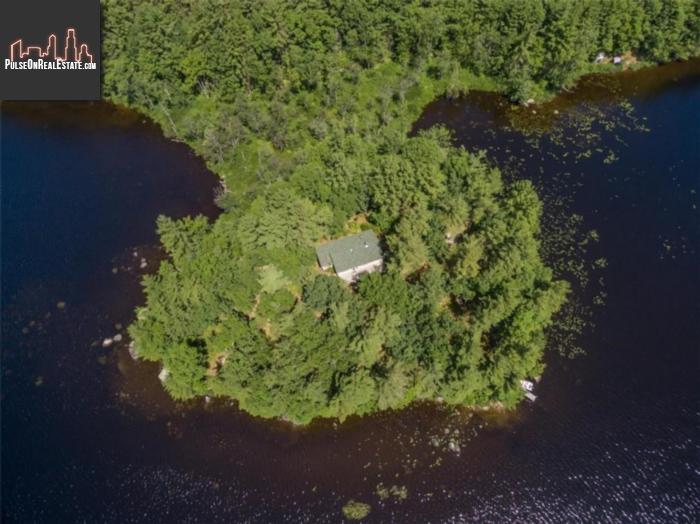If I was buying as an investment, I would be looking hard at commercial (restaurant space maybe?). Still has some pitfalls but at least you aren't stuck with a non-paying dbag tenant for years while you fight your way through the system. Commercial evictions are fast and cheap and get you back in the market quickly.
If you don't mind putting in some money or labour, co-working offices should even out fluctuations. You can have multiple private offices rented out with a common lobby, photocopier and break room. You make money on rent, internet, printing, voip, etc. If you want to stick a receptionist in there, get virtual tenants and some more mailboxes.
Commercial / industrial is hardball. No landlord tenant committees. No rent controls. Pay up or get out.
The downside is that when the economy tanks there is a lot less need for C.I. space and it could sit empty for quite a while. If a person loses their job they still need a place to live so the middle class house is still needed.
When I bought an industrial condo in 1993 the complex was almost vacant and I paid 1/3 of what the original owners did. Six months later they dropped again. Free rent on many, just pay the TMI. Interest rates 12-13 %
High end houses may not do well. If belts have to be tightened people may move from posh to acceptable and then tolerable. If you can buy a palace bargain and afford to live in it you may do very well in five to ten years.
The restaurant model is interesting. If a restaurateur rents a vacant building and renovates it into a restaurant they could be on the hook for a half a million for service upgrades, decor, plumbing, ventilation etc. Then they pay rent, TMI plus a kickback on sales.
If Covid is hurting their numbers the building owner could think: Get rid of the original owner who is struggling with a half a million in reno debt and re-lease to someone else.
Since the new tenant is getting a ready to go building they can afford to pay more rent and are less likely to default. Win, win for the building owner and a market price for the new tenant.
The original restaurateur gets screwed because unless they are a major chain they had to self finance by mortgaging their home, cashing in RRSP's (Ouch X 2) or borrowing from family and friends.
It's hard to forecast the re-opening if it ever comes. A lot of people are doing well and would pay through the nose for a sit down restaurant meal. A lot of others are suffering big time.
If real estate adjusts downwards there will be recent buyers under water and clawing for the surface.




















